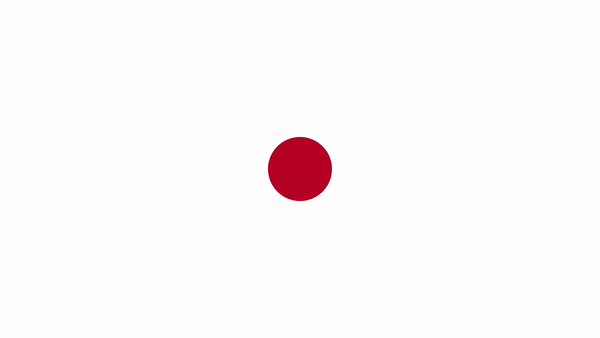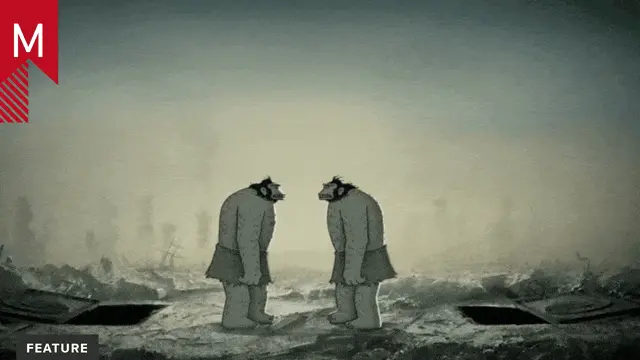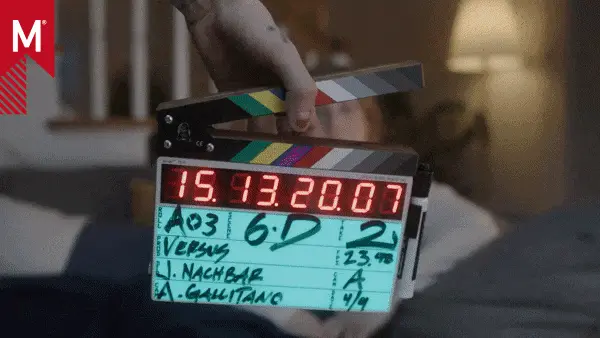“Whether you think you can, or you think you can’t – you’re right.”
This timeless sentiment from Henry Ford is going to be our overall theme. But first, a word on doubt…
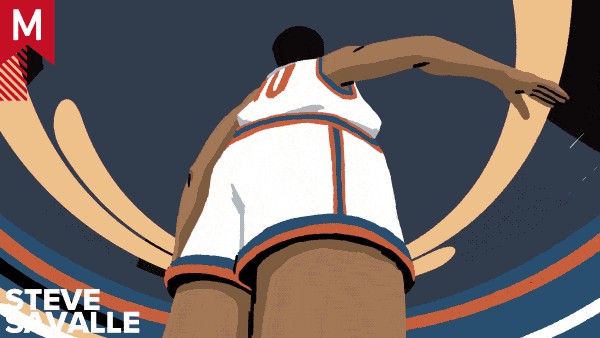
I debated being so blunt here, which is irony at its finest. I doubted saying “fuck doubt.” But it’s important to be blunt sometimes. Doubt will take absolutely everything from you. The second you let it creep into your consciousness is the moment you let it take over in your mind. I promise it’s going to feel like a terrible addiction. You’ll chase anything to kill that feeling. Doubt cripples even the best of us, so don’t let it in; it doesn’t deserve it, and neither do you.
I believe peace and happiness are skills, not traits. We are working to become the best versions of ourselves, and to do that, we need to kill doubt right out the gate.
The 12 principles of animation were made famous by Ollie Johnston and Frank Thomas, two Disney animators. These principles serve as a foundation for creating beautiful and compelling images that are still widely used many decades later. This article is a riff off that iconic idea as it presents the 12 principles of freelance.
It’s worth noting that these are my core values. It’s how I carry myself based on all the mistakes I’ve made in my career. I’m not trying to tell you to be me; I want you to be you, the best version of you, because, ultimately, that’s what inspires the world.
1. Timing & Spacing (the 15-minute rule)
How many of you have gotten client feedback that you maybe overreacted to?
Rarely do we allow ourselves time to process information. We get presented with a situation we are not ready for, then feel the need to respond immediately, because why not?
Our minds need to be clear, leading to better judgment; this increases our value and, in return, makes us more marketable to clients. Next time you are presented with a situation that makes you see red, try this: do not respond for 15 minutes. In this time, balance your mind and formulate a plan with options. Fifteen minutes to please not burn your career to the ground.
2. Squash & Stretch
Squash all the stuff your brain normally wants to do and stretch your mind.
Here’s an example. Look at the stars right now. For real, try it…
The majority of folks will look up. Now think about that. You can look anywhere because stars are literally all around us, but we tend to hyper-focus in one direction. In-group bias is our brain’s lazy way of focusing us in one lane, and we need to kill that.
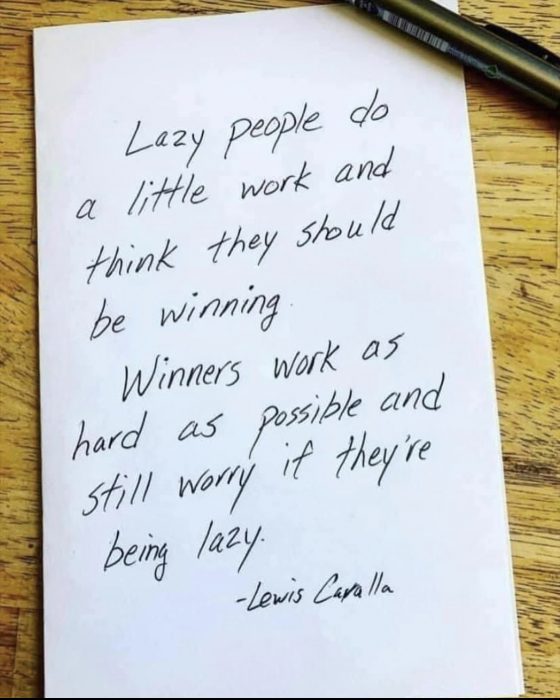
There are so many people outside of our bubble out there crushing life and doing what drives them. We need to pull all the information we can from them and learn from it.
3. Anticipation
Things go wrong, often.

Many businesses will have a post-mortem at the end of a challenging project. This means they’ll convene with the whole group and work out what went wrong in an effort to avoid it happening again. But the downside is, everyone’s already salty at this point. It’s just not a good vibe.
But what if we knew the endgame first, then worked backward? What if we worked it through in our minds until we had a clearer understanding of the consequences of our actions? Knowing this is like a road map to the right decisions. Again, when we save time, our value and the value of the companies we work with increases.
4. Ease (feed the good wolf)
It’s important to remember that a calm and confident response can ease a room.
Be honest with yourself; how well do you receive feedback? What are you putting out in this world? How are you responding to stuff? When the creative director gives you feedback, how are you reacting?
Some of you might know this legend:
There is a battle of two wolves inside us all. One Evil, One Good. Who wins?
Whichever one you feed.
So, feed the good wolf and learn to be the calming voice.
5. Follow Through
Yes, means nothing without how.
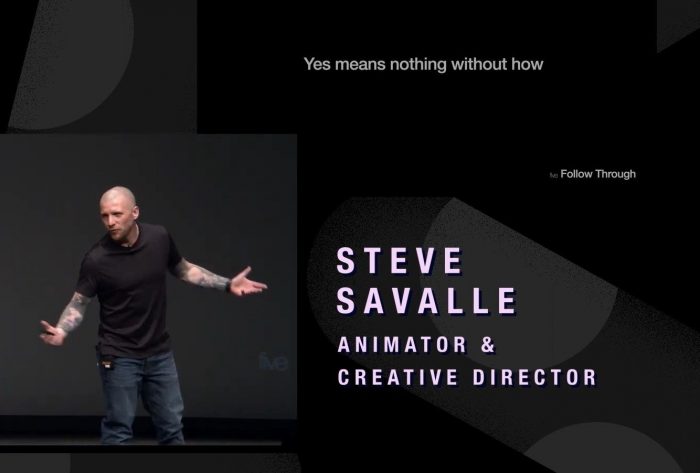
Have you ever misunderstood what was being asked of you? I have, and it’s a terrible feeling. It’s like you’ve let someone down. But rather than point fingers, it’s important to look in the mirror first; after all, the only thing we can control is ourselves.
Miscommunication will cost you time and money. So, it’s crucial to make sure everyone is on the same page. The rule of three, from Never Split the Difference by Chris Voss, is a great example of how to do this. He teaches us to get the other party to agree to something three times in one conversation. If this sounds like too much, don’t worry, the lesson here is to make sure you repeat things back to people as you get direction; this makes sure that after the client has said yes, everyone is clear on how we execute (how we follow it through). Trust me; this will save you both time and relationships.
You can also look at the if and when rule from Tim Ferriss.
6. Archs (everybody has ups and downs)
You’re never as good as your highest performing work, and you’re never as bad as your worst.
How often do you find that you lack motivation? Subconsciously, we often desire something we don’t have; then, we wonder why we’re not happy. It’s because we’re not focusing on ourselves; we’re looking outward instead of inward.
The five-chimp theory states that a chimp will become the average of the five personalities it hangs around with most. Think of the five people you spend the most time with in your life. Ask yourself, what wolves are these people feeding? Are the people you’re working with bringing you up or getting you down. But then also ask yourself, are you a positive influence on them?

Next time you’re lacking motivation, spend some time with yourself and think about what could be influencing you, internally and externally.
7. Exaggeration
Please, do not exaggerate your role or level of importance on a project.
Kill your ego: Make it about everyone around you, not yourself. If you can lift other people, your own work will speak for itself.
Build confidence: At least once a week, do something that makes you uncomfortable. What that means is next time you’re forced into an uncomfortable situation, you know how to act. It goes back to our 15-minute rule and ease. Everything keeps layering.
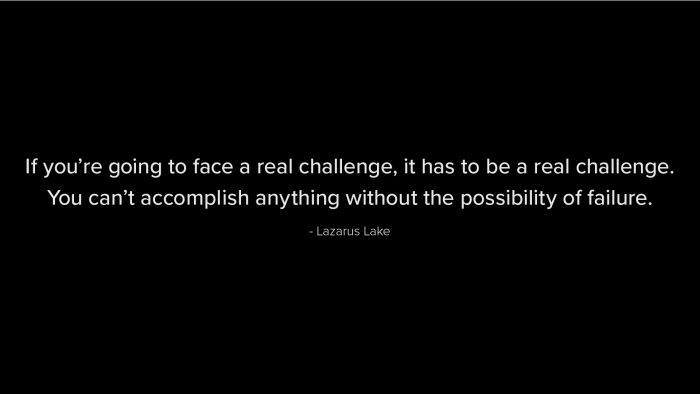
Here’s a challenge you might like if you really want to lean into this.
8. Solid Drawing (every frame matters)
Remember, integrity is everything. Every frame matters. Even if your client or viewer doesn’t see every frame, you will. And that matters. Everything should be the way you intended. It goes so far for the end quality.
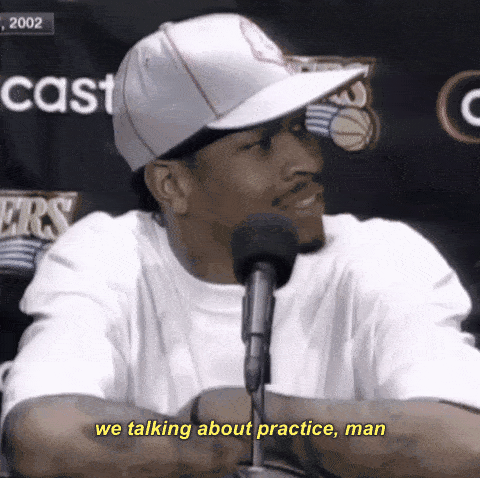
That might mean learning some of the hard stuff, like UV Mapping or adapting to new software. What I’m trying to say is that easy choices are going to make your life hard; hard choices are going to make your life easy.
We commit to learning on the job, and bluntly speaking, that isn’t good enough. Good athletes train, working their asses off, hoping it was enough to put food on the table. Great athletes dedicate every minute to the pursuit of victory; they learn, adapt, and innovate.
So, what does that mean for us? We need to learn when we aren’t being paid to learn. That means booking time for ourselves to grow our skill sets.
9. Appeal (Being your genuine self > Everything)
When are you reaching out to people? Are you only making yourself known when you need something? CTA: if you love what someone does, tell them. If you are curious, ask. Put good into this world and our community.
Or, in the words of J.W. Stephens, “Be the person your dog thinks you are.”

10. Straight Ahead versus Pose to Pose
In cel animation, straight ahead has a great place. When it comes to business, there’s no time for straight ahead; we need to go pose to pose. We need to know our end game, then set target points along the way.
The book Eat That Frog has a great piece of advice: Write down tomorrow’s to-do list today. That way, if you’re dragged away by social media or lunch, you have a roadmap to get back on track.
It applies to almost everything. Let’s look at actions, bookings, and holds.
Your actions matter and when it comes to bookings, we know what we want (or at least we should), so we need to make sure we’re communicating upfront from the beginning. I tell people my rate, my weekend rate, when and how I bill, right from the start.
As for holds, it is easy to hate them. However, holds allow us (at the very least) to have a conversation with a studio. Remember, holds are only because the project hasn’t been awarded yet. Being mindful of this turns it into a positive.
11. Secondary Action
We often try to do everything ourselves, but let’s weigh out the cost.
If you can hire someone to do something for you for less than your rate, do it. Having a professional do my taxes costs me $350. If I did it myself, it could be done poorly, sure, but crucially, it would be at least two days of my time. That’s two days I am not billing, costing me well over $350.
In short, don’t waste time that you could be using to make money.
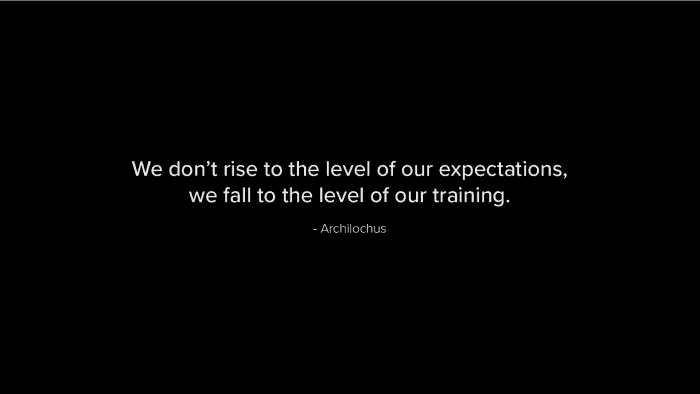
12. Staging
It all starts with your mind.
Our world will reflect our own feelings back at us. So, for, say, 30 minutes each day, set a routine that drives you. Get away from things that think for you or tell you how to feel. That means not starting the day with social media or TV.
Here’s a challenge, for the next 30 days: when you wake up, before you look at your cell phone, before you do anything, go outside first. Get in the habit of getting sunlight (or at least fresh air) before anything else.
Suppose that’s not speaking to you; how about this. Can you sit without distractions for 30 minutes? I hear a lot of different opinions on Joe Rogan, and regardless of your stance on him, he manages to sit with folks for three hours a day and just talk, with no cell phones or interruptions. Sounds easy? Try it. Sit down with someone, shut out your cell phones and outside distractions, and stay present.
“Whether you think you can, or you think you can’t, you’re right.”
In short, put others first and be true to yourself. I fucking believe in you, and I know you’re going to kill it.
My name is Steve Savalle, and these are my 12 principles of freelance





